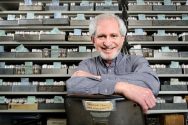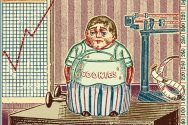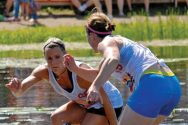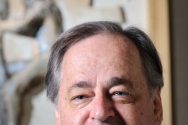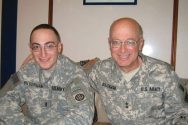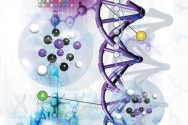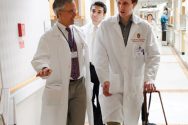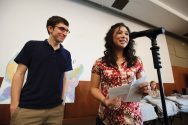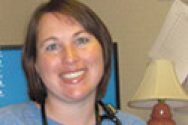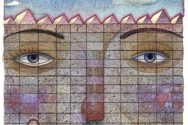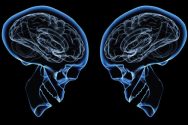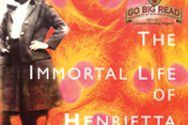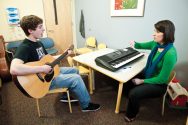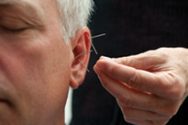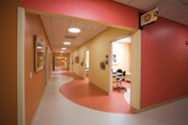The UW’s Global Health Institute offers seed grants for studies.
Health and medicine
203 stories. Showing page 6 of 7.
It took multiple bus rides for a young Barry Ganetzky to attend college classes each day. That same singlemindedness has nourished the UW researcher’s longtime career, pushing him to study tiny creatures and find ways to treat human disease.
Barry Popkin sees the struggle against food policies and marketing practices that promote excess weight as nothing less than a battle for human rights.
With the threat of Huntington’s disease hanging over her, Shana Martin lives life out on a limb – or at least a log.
Abusing alcohol will now lead to class time and counseling.
A UW trainer leads a first-of-its-kind study on the effectiveness of ankle support.
Work flows from “the best of reasons,” says new director of primate research center.
Technique used by astronomers could help assess skin cancer.
The college years can be a stressful time of life. Then add the weak economy and the uncertain job market, and you get a recipe for student mental-health issues.
Ron Silverman ’69 stared into the jaws of death five years ago when he found himself fitting a crown molding for the mouth of Saddam Hussein.
Does genomics hold the secrets for the future of medicine? Eric Green believes it does — and that Bill Gahl is showing the way.
UW–Madison researchers are making strides in the fight against Alzheimer’s disease by studying people who don’t have it.
Eight other medical schools turned Tim Cordes MD’04, PhD’07 down flat, but the UW said yes — and discovered a remarkable physician who earned “student of the year” honors, created his own biochemistry software, specializes in addiction, and happens to be blind.
When it’s all over, one thing is clear: Match Day for medical students has more authentic drama, excitement, and emotion than any episode of Grey’s Anatomy.
Sensory processing disorders make ordinary annoyances unbearable.
Weiner and Korevec create dailymile.com.
A national study links leisure spending to a sense of well-being.
Research leads to a smoother transition for patients and caregivers.
UW researchers help Wisconsin tribes fight obesity on their own terms.
Erin Kimball says choosing the rural track in medical school taught her “what it really means to be a physician.”
While American physicians have ready access to medication to help their cancer patients, their counterparts in many countries do not. UW experts are leading a global effort to recognize pain relief as a human right.
With every brain she dissects, neuropathologist Ann McKee ’75 discovers more about chronic traumatic encephalopathy, the disease that results from repeated brain injuries. Her studies are changing how sports — especially football — are played.
We offer seven examples of life-changing UW discoveries, knowing full well that it’s only a start. Think back and add a favorite to our list, then learn what’s afoot at the new Wisconsin Institutes of Discovery.
Book choice for second Go Big Read offers plenty to ponder and discuss.
We take them for granted — until we suddenly lose them, that is. Thanks to an unusual clinic, people who rely on their voices to make a living have a place to turn for help.
David Rakel is one of the pioneers in the field of integrative medicine, which combines conventional and alternative treatments. He believes the discipline's emphasis on prevention can help cut rising health care costs, but skepticism remains.
A major gift establishes specialty clinics for children facing acute health concerns.

